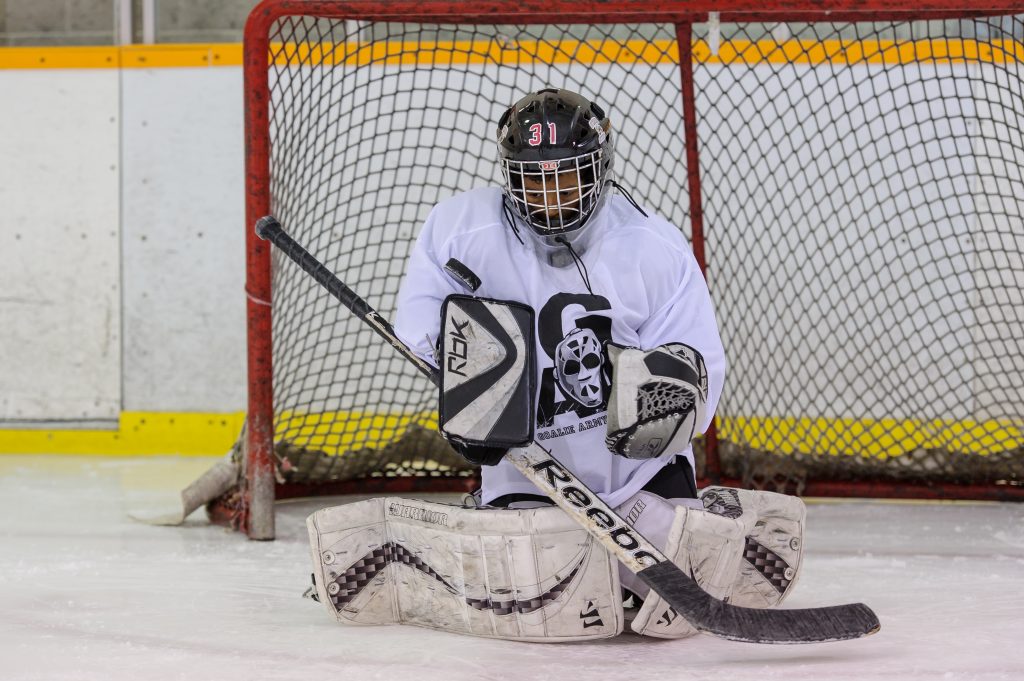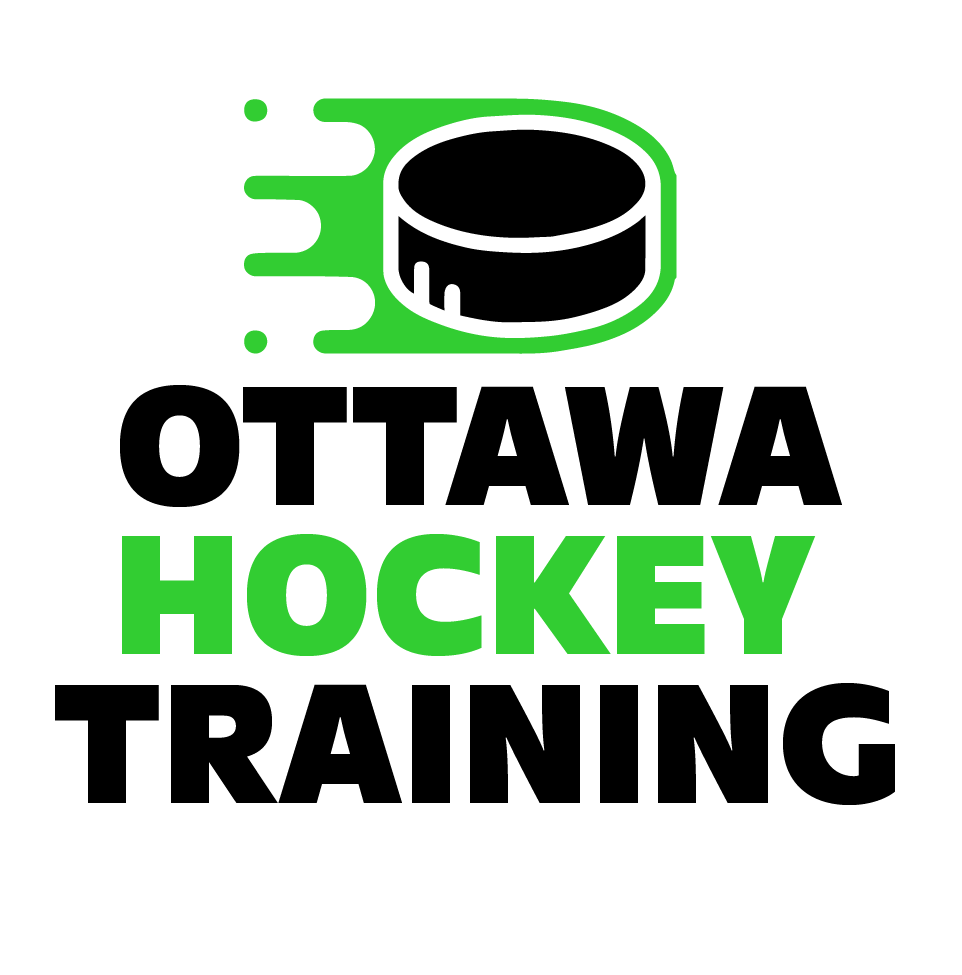
Goalie Training Tips: Did You Train Hard Enough?
As a goalie training provider and goalie evaluation and selection consulting company, one of the things we hate to hear from our students is, “I think I should have trained harder in the off-season” when we’re evaluating them against their competition. Here’s some tips to help you through the next season.
 Although Goalie Army Academy operates our own year-round goalie clinics, when we are hired by teams and associations to assist them with their pre-season, we will supply our clients with unbiased rankings, evaluations and observation notes based on what we see on that day, or throughout the evaluation process. However, we cannot consider what we know of goaltenders who train with us. To do so would be unfair to the competition.
Although Goalie Army Academy operates our own year-round goalie clinics, when we are hired by teams and associations to assist them with their pre-season, we will supply our clients with unbiased rankings, evaluations and observation notes based on what we see on that day, or throughout the evaluation process. However, we cannot consider what we know of goaltenders who train with us. To do so would be unfair to the competition.
So what can you do after the evaluation process is complete?
Self-Assessment
Coaches said that you performed great. Your parents thought you were awesome. And you thought that you were stellar. But you were still released to a lower level team. So now what?
No matter what anyone says about your performance throughout the pre-season evaluation process, it is important for every athlete to take some time to think about the areas which they performed well, and the areas which could use some additional attention throughout the upcoming season.
Noting one’s own shortcomings is just as important, if not more important than focusing on all of the things you may have done well as it will enable the athlete to fully understand where to place their attention for development throughout the upcoming season. Through the self-assessment process, the athlete should be able to determine whether they require additional on-ice technical development, or whether they had fallen short in their athletic abilities.
Putting a plan together based on the negative points and any feedback received from coaches and evaluators, then executing that same plan is essential to your continued development. But remember, a plan with good intentions and zero execution is pointless. So work diligently to ensure that you’re making progress.
 The Blame Game
The Blame Game
During our pre-season goalie training sessions, one of the points which I make clear to any of our students before tryouts begin is that in order to beat someone out of their position on a higher level team, you have to be better than the number one goalie from last season. The reason for this is you are the variable, the “gamble”, the unknown to most coaches. Therefore, if they were content with both of their goaltenders from the previous season, it will be difficult to break through and be seen in the first place.
However, if you are able to prove to everyone within the arena that you are undoubtedly the best goaltender available, then you increase your chances at bumping someone out of their position on the team.
That being said, if you’re released, feel cheated or betrayed, show some good character. There are far too many athletes whose emotions get the best of them when they are released from a team, and that goes for parents too. Keep in mind that how you present yourself when faced with adversity is important to coaches during the decision making process while building a team for this season, or for seasons to come.
During my time in youth sports as an athlete and as a goalie coach, I’d like to think that I’ve seen it all. But placing blame on or accusing coaches of politics, or pointing at other children stating that your child is better than them rarely does any good for anyone. Instead, request additional feedback if you’re not happy with the initial feedback, or seek out additional goalie training, or off-ice training advice for next season. Arguing one’s case with a coach is very much like arguing with a referee. It just won’t work out in your favor.
Instead, consider that coaches want athletes who will be humble in victory and gracious in defeat. So set yourself up for success next season by proving that you can take a difficult situation and rise from it as a better athlete.
Get to Work…NOW!
No one is going to be able to get you to perform better for your tryouts next season than you, and there’s no point in looking to the past except to learn from it.
This is the time for you to begin to implement your plan into your routine. But make sure that all areas of your plans are measurable in order to track your progress. Tracking your progress will enable you to see where you’re facing challenges, and to understand how your game is developing.

Leave a Reply